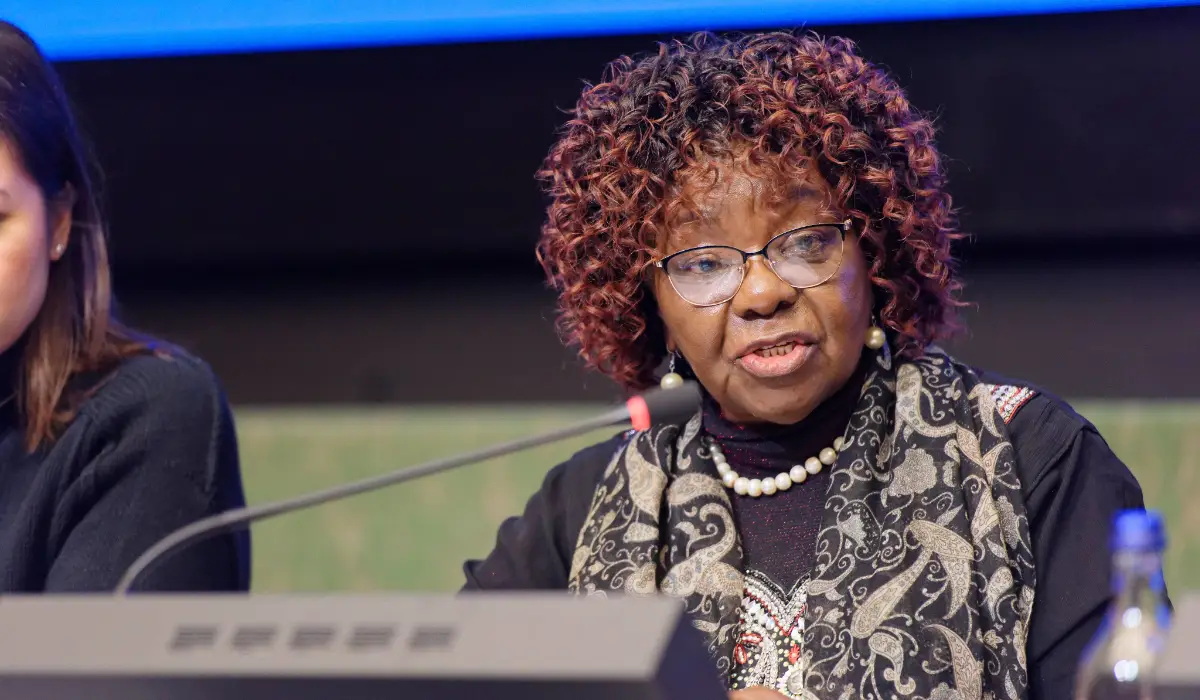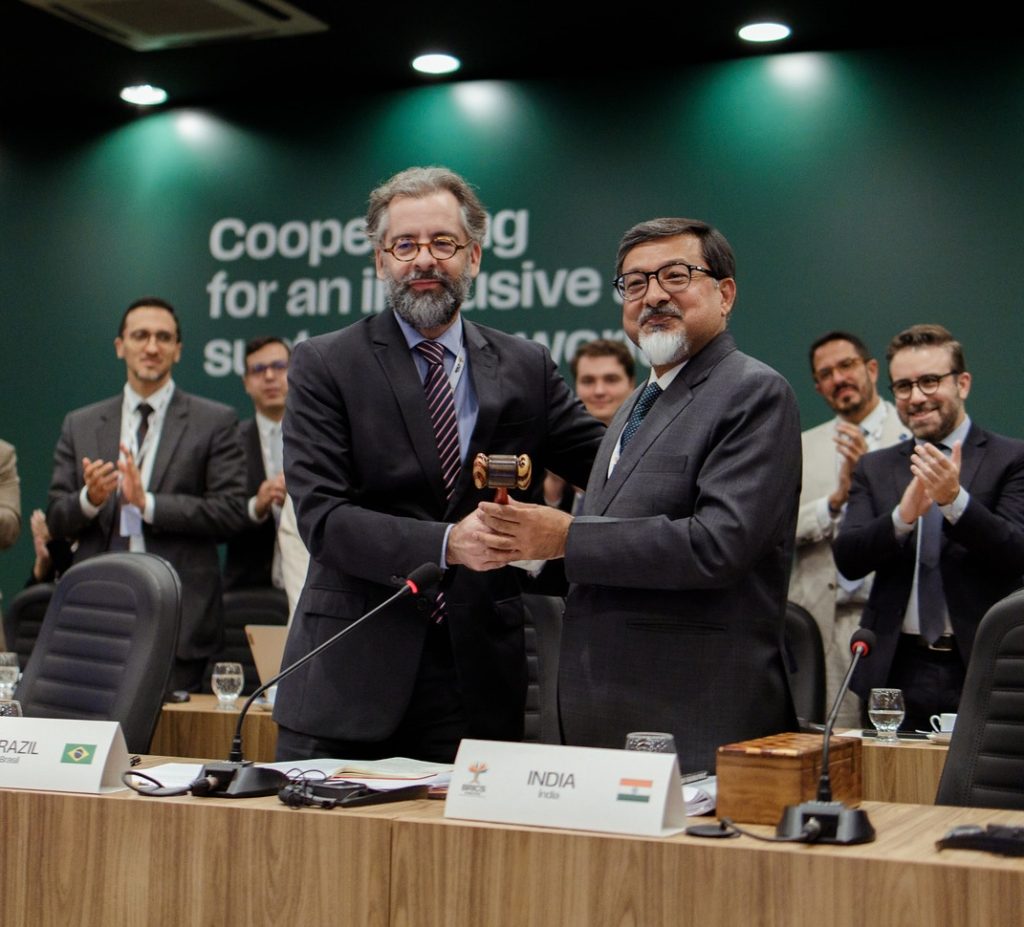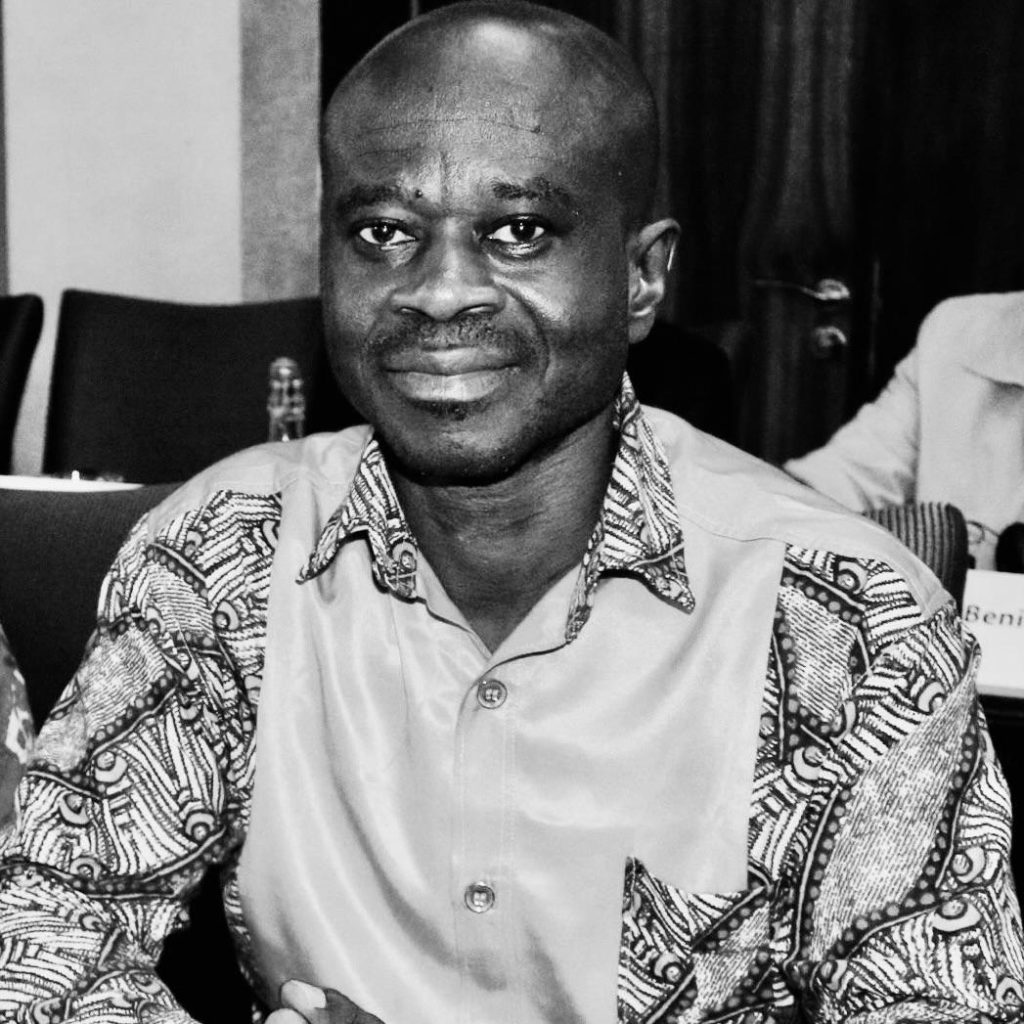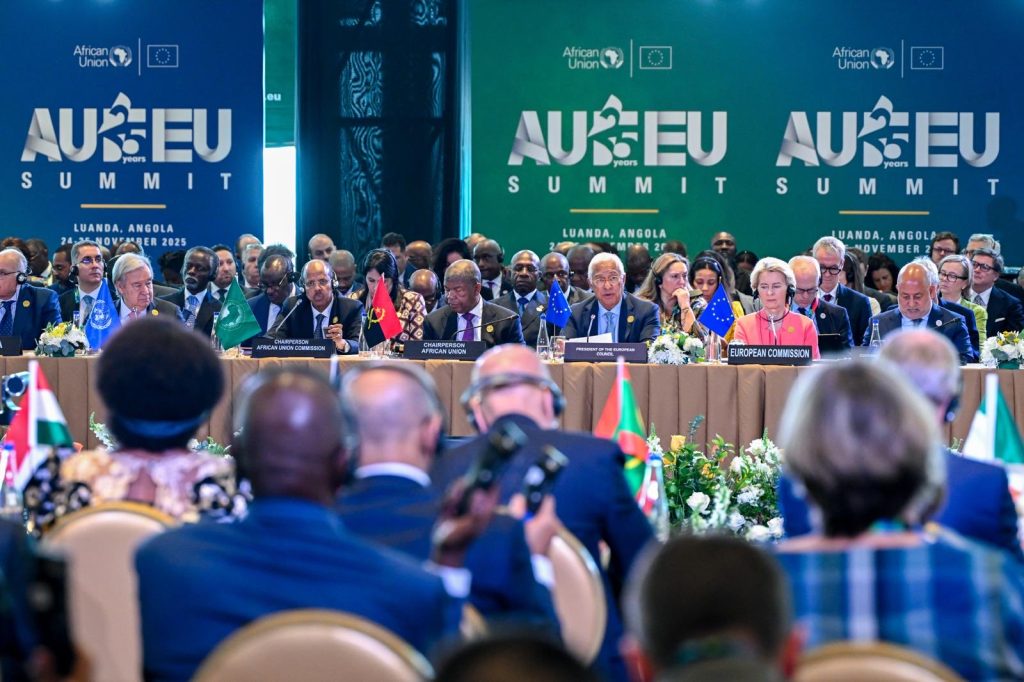Zimbabwe’s carbon market ambitions have been making headlines for more than a year. Last year, the South Pole scandal drew international attention when controversy was raised over the integrity of the credits from its Kariba REDD+ project, one of the world’s largest forest conservation carbon offset projects. Then in May 2023, the nation’s Minister of Information, Monica Mutsvangwa mooted a declaration that all existing carbon credit projects would be deemed null and void, and that all future ones would be required to hand over 50% of profits to the state. Foreign investors were left with title to a maximum of 30% of revenue and a requirement that local investors get 20%. In regulations that were issued in August, the requirement was watered down to leave project developers with the rights to 70% of the share of proceeds for the first 10 years of the project. However project developers were required to give 25% of their share to local communities. The State kept its 30% stake, payable in the form of an environmental levy to be deposited in a newly created climate fund. It is intended for the share of proceeds to be renegotiated in the 11th year of the project. Projects that were deemed null and void were given a limited period to apply for registration and approval of their continued operation. In subsequent amendments to these regulations, the requirement to give a 25% portion to the community was done away with.
Then there was the strange Zimbabwean-led launch of the Africa Voluntary Carbon Credits Market in July last year, that aimed to build regional consensus on how to regulate and approach the growing African carbon credit market. At the launch. beleaguered former South African President Zuma announced a plan by the Belarus African Foreign Trade Association (BAFTA) to list two million credits on Zimbabwe’s Victoria Falls Securities Exchange, to jumpstart a national carbon credit exchange. The credits are old, from somewhere between 2008-2012, and developed under a questionable UN Joint Implementation Siberian forestry programme. This raised eyebrows about their integrity and whether the reductions they represented were real. In an attempt to redirect focus, the CEO for the Victoria Falls Securities Exchange, Justin Bgoni, stated that the exchange was primarily interested in Africa-generated credits.
And then came the announcement in late September last year that the Zimbabwean government had signed a carbon credit forest rehabilitation and protection Memorandum of Understanding worth $1.5 billion with a United Arab Emirates (UAE) firm Blue Carbon Investments. The latter is owned by Sheikh Ahmed Dalmook Al Maktoum, a member of the UAE’s royal family. The MOU would, reportedly, grant conservation rights to over 7.5m hectares of land, representing a fifth of the country’s total land mass. Blue Carbon has inked similar agreements in Zambia, Liberia and Tanzania. At the signing ceremony Al Maktoum, promised that the deal “will bring hundreds of millions of dollars to the Zimbabwean government”, however local experts have raised concerns about the extent to which benefits will flow to communities. These are justified as the current iteration of the carbon market regulations do not provide for any redirection of funds to communities. Instead the levy due to the state is to be spent on investment in adaptation and mitigation projects, the loss and damage relief fund, local authority levies, administrative costs and Treasury “fiscal requirements”.
In an effort to shore up confidence in the market and comfort in the nation’s readiness to participate in Article 6 carbon market trades under the Paris Agreement, the Zimbabwean Ministry of Environment, Climate and Wildlife then issued a press statement in July this year. It assured markets that the country was pursuing carbon market readiness through the finalisation of an Article 6 Strategy that would support international cooperation in the international transfer of credits and their development under Article 6.4. This strategy, the Minister assured, would lend credibility and integrity to credits from Zimbabwean projects, as proof that the country remained “open for business” enjoying an improved regulatory environment. It would be supported by a dedicated carbon registry, a manual on monitoring reporting and verification, and a “cutting edge” online portal. These efforts work towards repairing the damage from the statements made in 2023, with the Ministry calling on “all project proponents, developers, investors, and members of the public to be patient during this transitional period.”
The next step of this journey is to create the institutional architecture for the carbon credit market, through the country’s Climate Change Management Bill that is currently out for public comment. The Bill introduces various governance structures, including a Carbon Trading Unit within the country’s Climate Change Management Department. This unit is tasked with overseeing registration and monitoring of projects and ensuring their environmental integrity in line with national guidelines. Interestingly, it also empowers the Minister to issue GHG emitters with regulatory “emissions thresholds”. Holders that exceed these thresholds are entitled to use carbon credits to effectively offset their excess, failing which they will be required to pay a levy. In doing so, and depending on how high these thresholds are set, the Ministry will be able to drive a local demand for carbon credits, and in turn boost their value domestically.
Zimbabwe’s efforts to assure investors of the integrity of local credits, and to rebuild trust with project developers on the rights to proceeds is an interesting example of how African countries are seeking to navigate a complex market where they have increasing say and control, in the advent of Article 6 of the Paris Agreement. Zimbabwe is not the only country looking for a common stance towards the market, with Zambia’s Environment Minister Collins Nzovu urging the continent to formulate a common stance on the carbon credit trade to ensure they derive maximum benefit in March this year. Africa has the potential to generate approximately 30% of the world’s credits, however it still receives some of the lowest values for each credit sold, according to Nzovu. If countries are to get it right, policies around benefit sharing in particular will need to be clear and consistent from the outset. Moreover, if they are to compete internationally and be treated as high value credits, they will need to demonstrate that communities are meaningfully benefitting and mechanisms for benefit sharing will need to be well integrated into policy and subject to intensive public participation.





